Gotovina trial: Witness says "army was worse than police"
The trial of Ante Gotovina and three other former Croatian generals continued at the Hague this week.
Sunday, 16.03.2008.
16:07

The trial of Ante Gotovina and three other former Croatian generals continued at the Hague this week. Protected witness 136 testifying at the trial of Gotovina, Cermak and Markac said that for her, the encounters with Croatian soldiers after Operation Storm were "much worse than the encounters with the police". Gotovina trial: Witness says "army was worse than police" She worked as an interpreter for UN observers; their teams were stopped at army checkpoints and prevented from entering villages so that they would not see the evidence of crimes against Serb civilians Ante Gotovina, Ivan Cermak and Mladen Markac are charged with war crimes against Croatia's Serbs committed in 1995, during Operation Storm when up to 250,000 people were ethnically cleansed from that country. In the cross-examination of the protected witness 136, the defense counsel of Croatian MUP general Markac noted that she had allegedly been concerned "only with the Serb victims", implying that she was biased, because she herself is a Serb. The witness replied that as a UN staff member she treated all the people in Krajina equally, regardless of their ethnicity. This can be seen from her work before Operation Storm, she said, when she visited the few remaining Croats, most of them elderly people, in Knin and the surrounding villages with the UN patrols, "in order to help them if they were physically threatened". At the beginning of the hearing, Gotovina’s defense counsel completed his cross-examination. The witness described how she had seen bodies of Serb civilians on several occasions immediately after Operation Storm when she visited the villages around Knin with the UN military observers and UN civilian police. The most shocking scene she saw was in the village of Mokro Polje, she said. This is where she saw the body of an elderly Serb woman, Sava Babic, semi-decomposed on her family estate with a bullet wound to her head. Her brain was all over the car seat, the witness said. Gotovina's defense counsel didn't contest the fact that a Croat soldier had killed Sava Babic. His name is Mario Djukic, and he was in the 134th Home Guard Regiment. A criminal report was filed against him, the defense said. But as the lawyer did not offer any more details about the case and could not say if the accused soldier was convicted or not, the Trial Chamber asked the defense to provide additional evidence on this incident. The defense counsel was trying to prove that the witness did not have credible information about the majority of other killings of Serb civilians she mentions in the statement she gave the OTP. The witness said that in some situations she personally had not seen the corpses and was merely recounting what the UN personnel had told her. According to her, all this information could easily be verified with the UN personnel who were there and who were doubtlessly willing to come to The Hague to testify on the issue. In response to the questions of presiding judge Alphonse Orie, the witness said that Croat soldiers were hostile to the UN patrols that were visiting villages to offer help to the remaining Serb civilians, prevent crimes and record the crimes that had already been committed. "My encounters with the Croatian Army were much worse that those I had with the police," the witness stated, noting that in some situations "she barely escaped alive" when she went to villages where there the troops were. The witness clarified that she had seen large groups of soldiers in almost every village she went to. She would see them "red handed", she said, looting Serb houses. In her words, the army often did not allow the UN patrols to enter Serb villages. This happened, she guessed, when they were removing the bodies of the dead civilians. The evidence of witness 136 completed Friday.A three-week recess in the trial will follow. As the hearing drew to a close, the Trial Chamber announced its decision to reject Ivan Cermak's motion for provisional release during that time. The written decision will be made public shortly.
Gotovina trial: Witness says "army was worse than police"
She worked as an interpreter for UN observers; their teams were stopped at army checkpoints and prevented from entering villages so that they would not see the evidence of crimes against Serb civiliansAnte Gotovina, Ivan Čermak and Mladen Markač are charged with war crimes against Croatia's Serbs committed in 1995, during Operation Storm when up to 250,000 people were ethnically cleansed from that country.
In the cross-examination of the protected witness 136, the defense counsel of Croatian MUP general Markač noted that she had allegedly been concerned "only with the Serb victims", implying that she was biased, because she herself is a Serb.
The witness replied that as a UN staff member she treated all the people in Krajina equally, regardless of their ethnicity. This can be seen from her work before Operation Storm, she said, when she visited the few remaining Croats, most of them elderly people, in Knin and the surrounding villages with the UN patrols, "in order to help them if they were physically threatened".
At the beginning of the hearing, Gotovina’s defense counsel completed his cross-examination. The witness described how she had seen bodies of Serb civilians on several occasions immediately after Operation Storm when she visited the villages around Knin with the UN military observers and UN civilian police.
The most shocking scene she saw was in the village of Mokro Polje, she said. This is where she saw the body of an elderly Serb woman, Sava Babić, semi-decomposed on her family estate with a bullet wound to her head. Her brain was all over the car seat, the witness said.
Gotovina's defense counsel didn't contest the fact that a Croat soldier had killed Sava Babić. His name is Mario Đukić, and he was in the 134th Home Guard Regiment. A criminal report was filed against him, the defense said.
But as the lawyer did not offer any more details about the case and could not say if the accused soldier was convicted or not, the Trial Chamber asked the defense to provide additional evidence on this incident.
The defense counsel was trying to prove that the witness did not have credible information about the majority of other killings of Serb civilians she mentions in the statement she gave the OTP. The witness said that in some situations she personally had not seen the corpses and was merely recounting what the UN personnel had told her.
According to her, all this information could easily be verified with the UN personnel who were there and who were doubtlessly willing to come to The Hague to testify on the issue.
In response to the questions of presiding judge Alphonse Orie, the witness said that Croat soldiers were hostile to the UN patrols that were visiting villages to offer help to the remaining Serb civilians, prevent crimes and record the crimes that had already been committed.
"My encounters with the Croatian Army were much worse that those I had with the police," the witness stated, noting that in some situations "she barely escaped alive" when she went to villages where there the troops were.
The witness clarified that she had seen large groups of soldiers in almost every village she went to. She would see them "red handed", she said, looting Serb houses. In her words, the army often did not allow the UN patrols to enter Serb villages. This happened, she guessed, when they were removing the bodies of the dead civilians.
The evidence of witness 136 completed Friday.A three-week recess in the trial will follow.
As the hearing drew to a close, the Trial Chamber announced its decision to reject Ivan Čermak's motion for provisional release during that time. The written decision will be made public shortly.










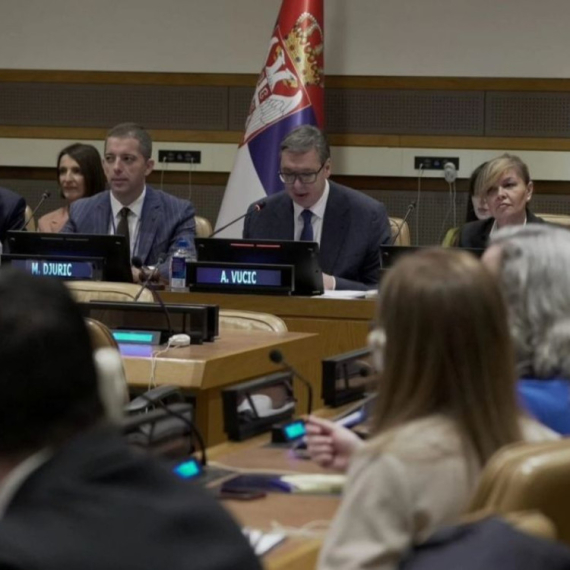




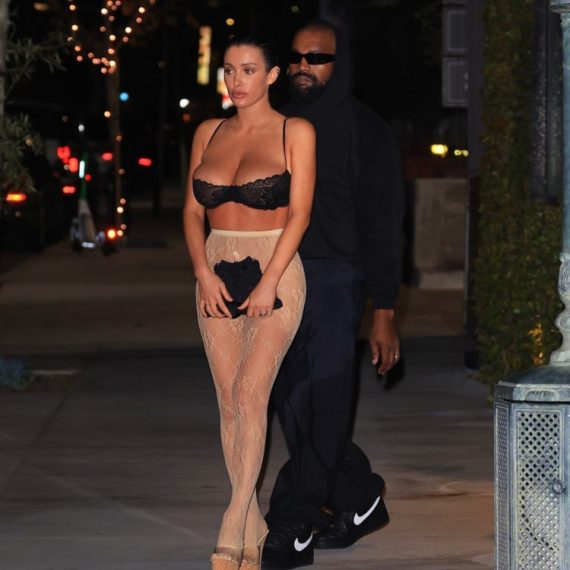

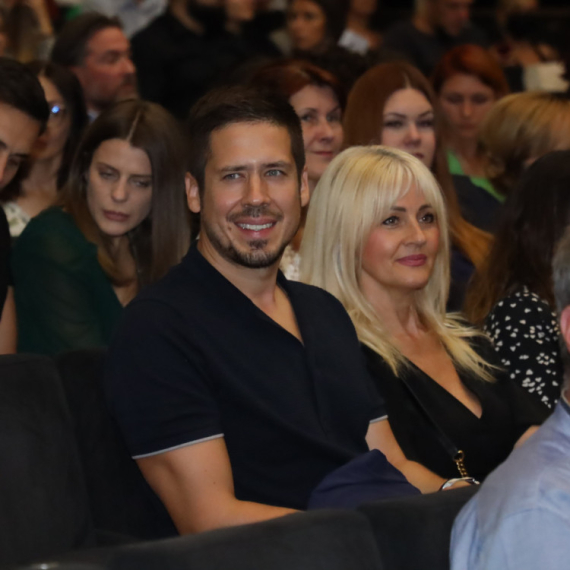
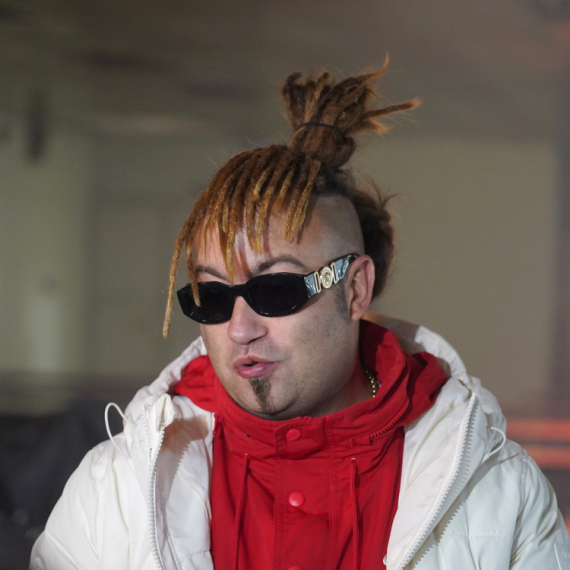































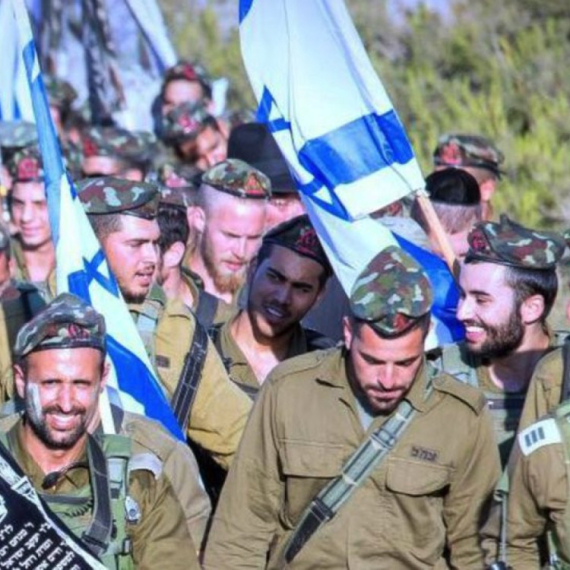





Komentari 5
Pogledaj komentare